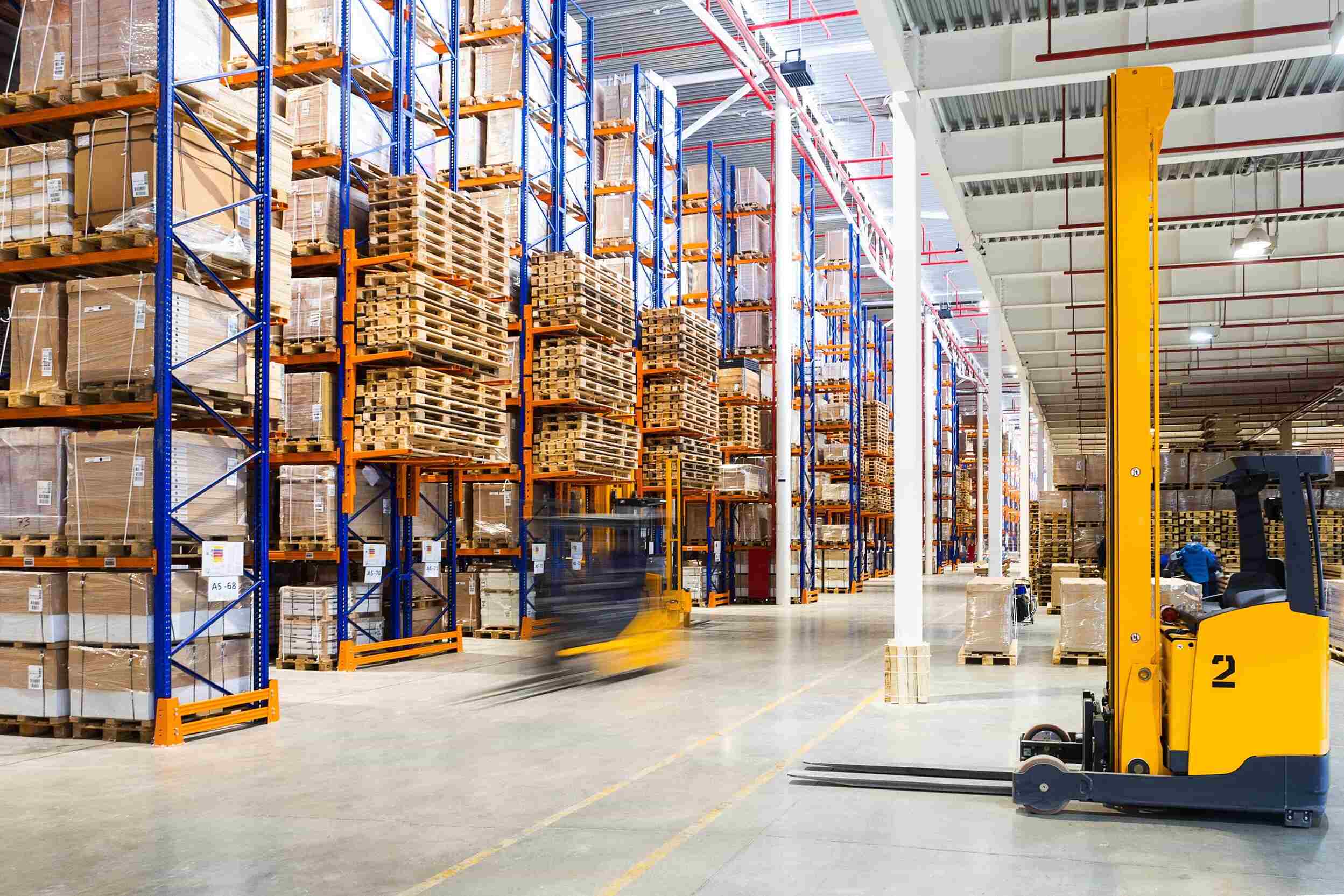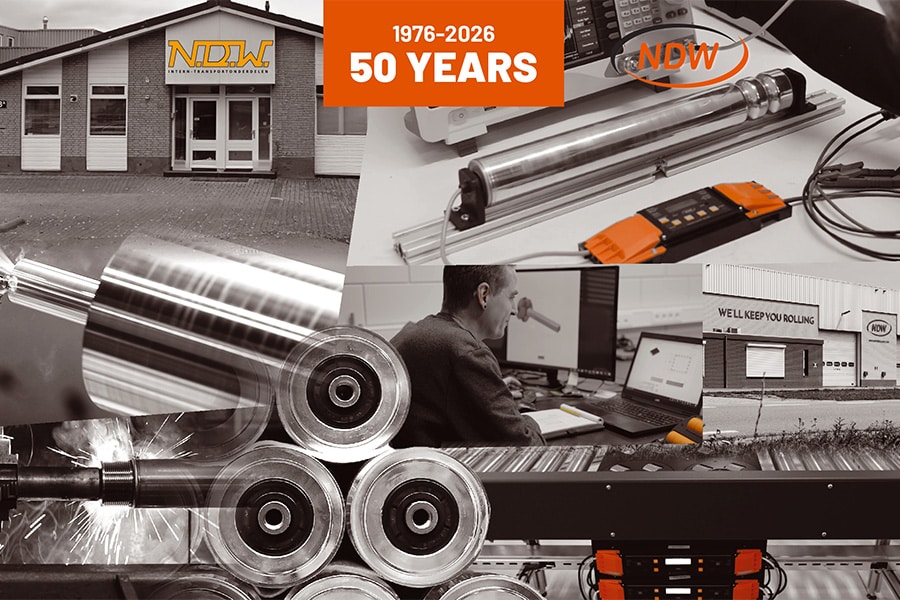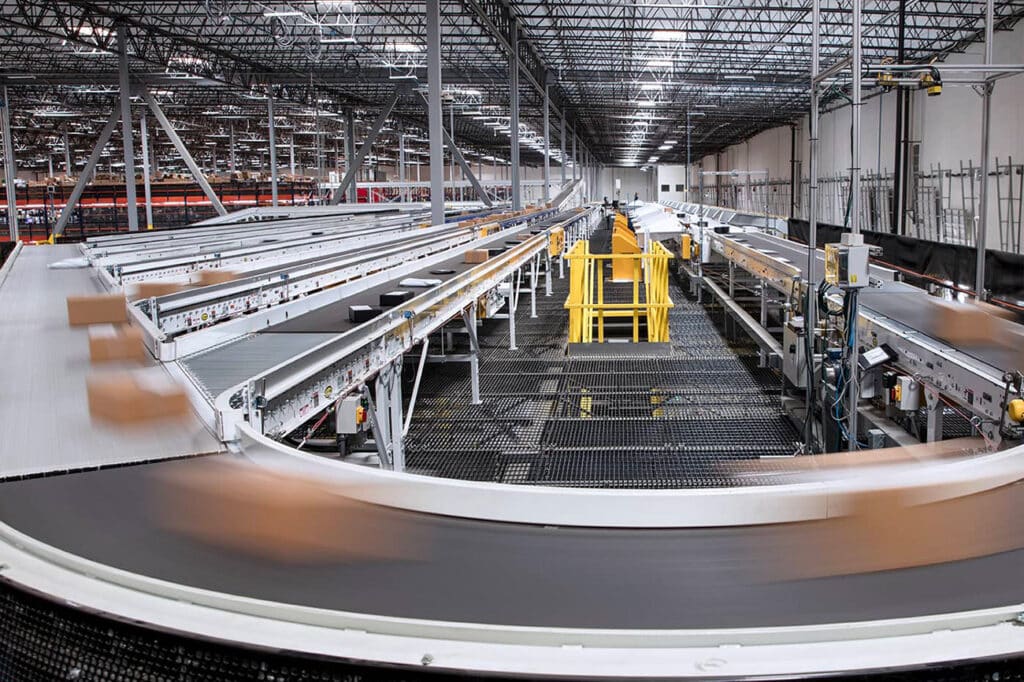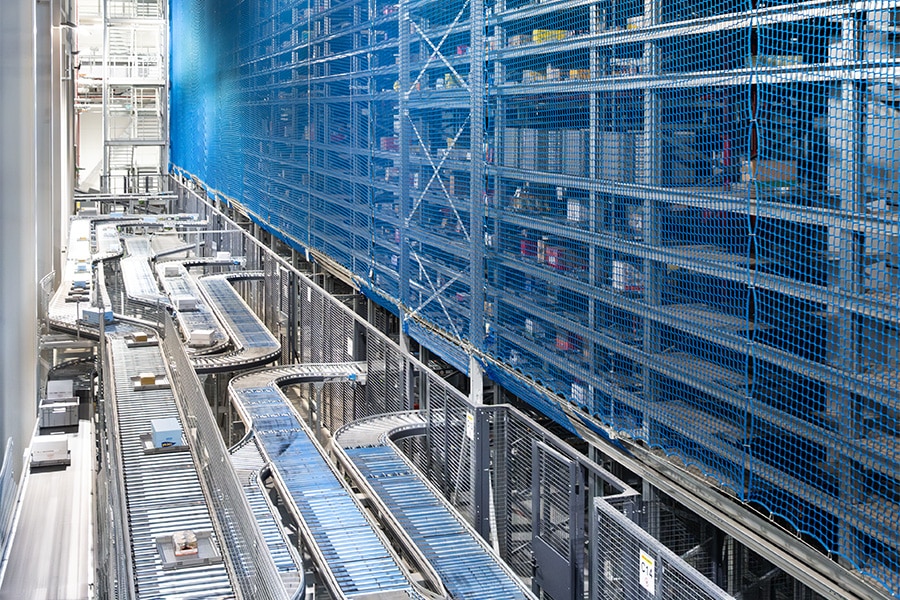
Resilient construction sector on path to climate neutrality
Location, available (business) space, competent personnel and competitiveness. According to specialists, these four factors determine how attractive a region can be in terms of logistics, with well-filled order books at industrial construction companies as a positive side effect. For construction entrepreneurs in our country, Marc Dillen, director general of Embuild Flanders, sees both great opportunities and tough challenges. The biggest challenges, according to him? The development of a future-oriented licensing policy and finding sufficient and competent workers.
The cliché is that construction acts as a barometer for the economy. A thriving construction industry guarantees strong business confidence. Unfortunately, the latest key figures do not look positive. "Since 2018, the Flemish Omgevingsloket has published annual figures of the number of permit applications submitted for construction projects in industry and business, and this each time for the first eight months in Flanders," says Marc Dillen. "And what do they show? In 2022 and 2023, we see a sharp drop in the number of applications, with 1,984 and 1,801 files submitted, respectively. This is in stark contrast to the 2,313 and 2,232 applications in 2019 and 2021, respectively."
"In addition, press reports also appeared about a record number of bankruptcies in Flanders during the summer of 2023," said Embuild Flanders' top executive. "Especially the construction sector appears to be very vulnerable, with 1,367 Flemish construction companies already laying down their books since the beginning of this year. It is also remarkable that more and more young (construction) companies are going under."
Example
"These ominous figures are food for thought, but at the same time should encourage us to continue investing in a resilient and future-proof sector," Marc Dillen points out. "In recent years, our members already showed the necessary resilience to turn challenges such as sustainable (re)construction, digitalization and automation, compliance and human resources management into opportunities. For example, look at the efforts made by numerous manufacturers and construction companies to align their products and services with European regulations for a climate-neutral construction sector by 2050. Energy-neutral (re)construction, recycling building materials, circular construction and green transport: these are just a few examples of practices that run like a thread through our construction sector. And don't forget the importance of efficient water management, with attention to both infiltration and collection of rainwater. The new Flemish Rainwater Regulation - which came into force on October 2, 2023 - sets new outlines for this."
Ecology meets technical sustainability
Also worth mentioning: the first Flemish Concrete Agreement co-signed in April 2023 by quite a few members of Embuild Flanders. "With this agreement, we want to make the production and use of concrete in our region as environmentally friendly as possible," Marc Dillen outlines. "We set the bar high, with 30% less CO2 emissions from concrete production by 2030 and a full emissions reduction by 2050." However, he makes the following comment: "We must not separate the focus on ecology from technical sustainability. In other words, the application of circularity in the construction sector must not come at the expense of quality building materials. After all, it cannot be the intention that you need 20% more concrete for the construction of bridge piers - to ensure their strength - because you are using recycled construction materials."
All hands on deck!
Back to the - according to Marc Dillen - two biggest challenges facing the construction industry: permits and personnel. "Regarding the first topic, today we often see stagnation due to overly complex and time-consuming procedures. Is it still justifiable that in Flanders it takes an average of 3 years and 10 months to get a permit? Year after year, there are more permit applications, while the same number of officials have to handle an increasing number of permits. Moreover, it is not only the regulations on spatial planning that play a guiding role, but also Flemish environmental legislation. A reorientation of permit duty, notification duty and exemption from permit and notification duty is imminent!"
All hands are also on deck within the construction industry when it comes to workforce management. "The list of bottleneck jobs is getting longer every year, with the result that more and more construction projects are not started or not completed on time. We must do everything we can to stop this brain and skill drain, both by implementing strong retention policies to keep talented and experienced workers on board, and by making working in construction more attractive."
"Let us work even more with educational and training institutions to get young people excited about our sector. And of course, we also continue to count on talented foreign workers to fill vacancies." ■




